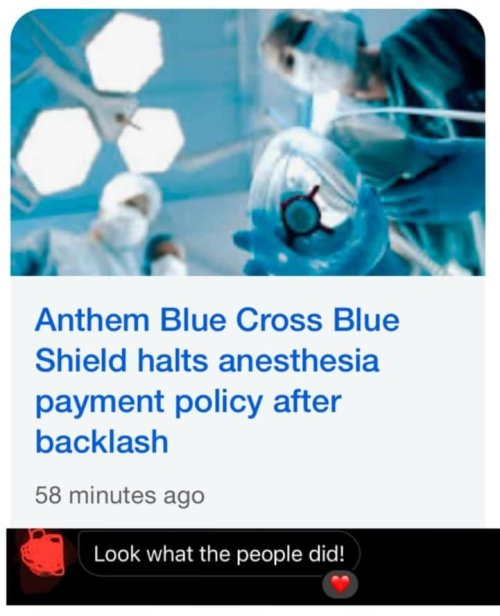Saintman2884
Hall-of-Famer
- Joined
- Dec 17, 2003
- Messages
- 18,379
- Reaction score
- 5,908
Online
You should really educate yourself on what people like Marx really thought of Tsarist Russia in the mid-late 19th century and how realistic he believed any future anarcho-communist society or culture would take root there or in China? He viewed Russia as some backward, scarcely-industrialized, mostly agrarian mass expanse of territory where most of its residents were illiterate and superstitious, uneducated, didn't have a large working or middle class. He also sort of viewed some Russians as being uncivilized, uncultured savages still stuck somewhere in the 17th-18th centuries compared to France, U.K., Scandivinavian countries, Belgium and Marx's native Germany or Prussia. He also sort of felt that compared to many other European industrialized proliterait, most Russian workers were terrible workers. Something Lenin later privately said out loud to confidants.What you’re failing to realize is that Stalin happens BECAUSE of the Tzars not in spite of them
Many late 19th century socialists, or left-leaning progressives tended to share these same generalized beliefs towards Russia and Russians in general. I can't say, given recent events involving an unprovoked, illegal invasion of Ukraine nearly 3 years ago that some of these sentiments are any less true now then what they were 135 years ago about Russia being a territorially-aggressive, expansionist power.
Last edited:

